Sales have officially launched for 393 West End Avenue, a renovated condominium property located between Riverside Park and West 79th Street in Manhattan’s Upper West Side Historic District. From New York-based developer Rabina, the 16-story building houses 75 residences and a collection of amenities. Brown Harris Stevens Development is managing sales and marketing for the homes.
The building was originally completed by architects Goldner & Goldner in 1927 and features ornate masonry details, decorative sconces, and limestone ornamentation associated with the Collegiate Gothic style. Rabina partnered with CetraRuddy to preserve and refurbish the original façade and invigorate the building’s interior spaces for the modern owner.
The condominium collection ranges from one- to four-bedrooms floor plans that offer wood floors with a French Chevron style in the living and dining areas, open-plan kitchens, and custom smoked oak wood cabinetry in a walnut tone with fluted glass. Residents are furnished with paneled Miele appliances to match the cabinetry and brushed antique bronze hoods above each stove.
“From the beginning, the design vision for 393 West End Avenue has been to create a unique and elevated residential experience that celebrates historic sensibility while introducing a modern vernacular,” said CetraRuddy founding principal Nancy J. Ruddy. “Whether the bespoke mosaic floor in the lobby, or the custom club room mural and hand-picked marble in the kitchens and bathrooms, every element that you see and touch is crafted and curated with a focus on material richness, balanced proportions, and an eye toward creating a sense of home and wellbeing that fits how we live today.”
The building offers a suite of garden-level amenities including an in-house club spanning 4,000 square feet. The club includes a Great Room with banquette seating and private nooks and direct access to a landscaped courtyard. Another area dubbed The Club Room features additional communal seating, lounge area, and a fully-equipped bar.
Lifestyle amenities include a fitness center, a junior lounge with games and hangout space, and a forest-inspired children’s playroom and garden known as The Cottage. Bicycle storage and a laundry room with extra-capacity washers and dryers are also available.
“Engaging creatively and respectfully with historic buildings is part of our DNA at CetraRuddy, and 393 West End Avenue is truly an expression of everything we love about the juxtaposition between past and present,” said Ruddy, who described the individual residences as light-filled, private retreats.
Brown Harris Stevens Development Marketing is the exclusive sales and marketing firm for 393 West End Avenue. Pricing for initial inventory begins at $3.718 million for a three-bedroom home.
Subscribe to YIMBY’s daily e-mail
Follow YIMBYgram for real-time photo updates
Like YIMBY on Facebook
Follow YIMBY’s Twitter for the latest in YIMBYnews

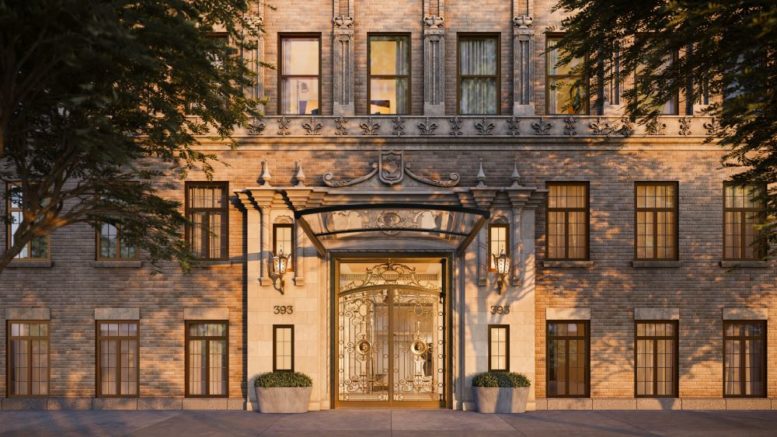
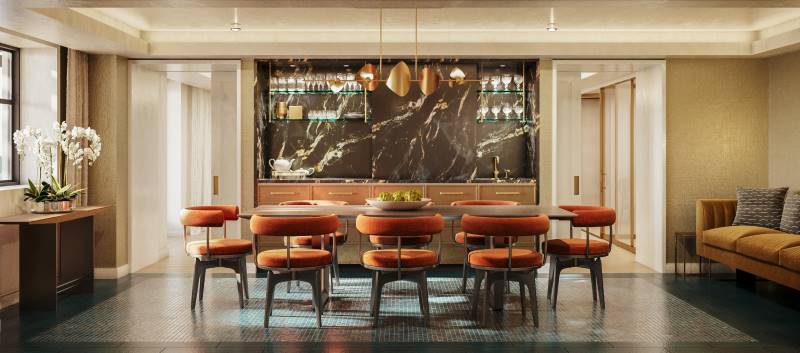

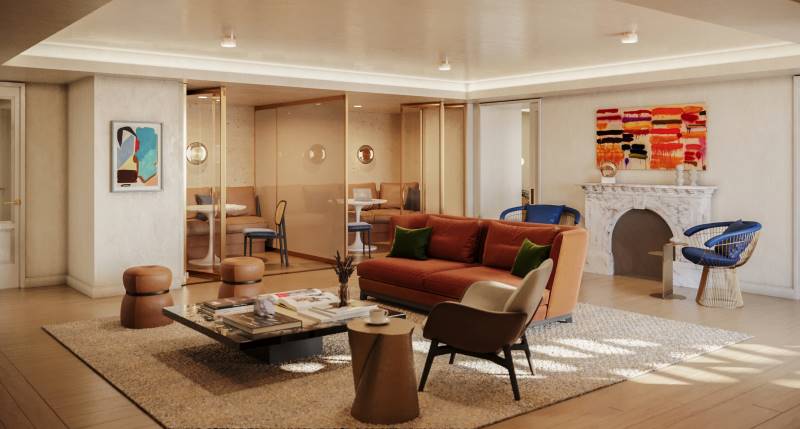


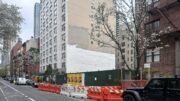
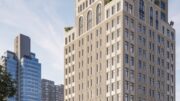
While the building may look nice this redevelopment is bad for the community, and there is nothing about this project that should be celebrated. During its redevelopment this building went from 114 apartments down to 75. It probably would have been better for the community to tear the building down and replace it a larger glass box full of condos.
This is gentrification hiding in plain sight behind our historic districts. The working class is pushed out, while the leisure class moves in. Many of the combined units will end up as pied-a-terres occupied only a few times a year. Historic districts are attractive to absentee buyers, as the designated status ensures the district will remain virtually unchanged between infrequent visits and there is always a local preservation group to alert an absentee owners if anything in the neighborhood ever does start to change.
Very well stated, all of what you saying is true! Overall, developments like this that cater to the not-present monied class are a net minus for the community and the city at large.
The key problem here isn’t the “monied” part, but the NOT-PRESENT factor! Rich folks who live in NYC most of the year are valuable as they patronize local businessed, get involved in the community, pay local taxes, and are a net plus.
I hadn’t heard this. Interesting.